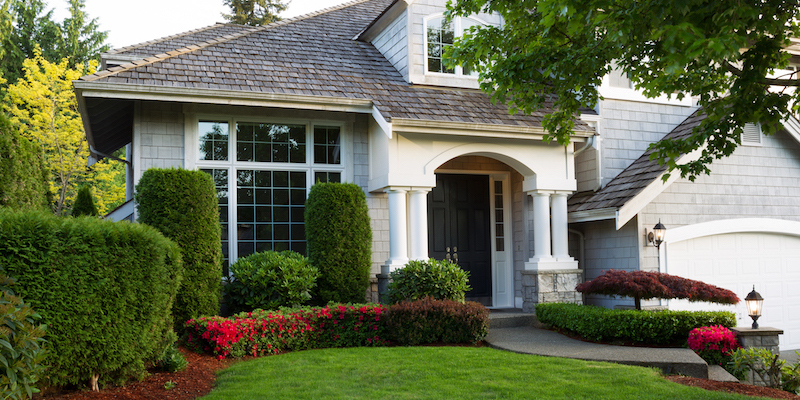Given that we find ourselves in the midst of a pandemic and a recession, it may seem strange to think that more spouses could afford to keep the marital residence that had required two incomes to support it during the marriage. However, as this article indicates, certain factors have changed economically which makes the calculus tip a bit more toward retaining the home.
Generally, the court would like to minimize the amount of transition the children experience during a divorce, which would extend to keeping the children in the marital residence so that they have to get used to only one new residence. But, for the court to do this, the spouse awarded the house would need to be able to afford to (a) pay off the other spouse’s equity in the house and (b) manage the mortgage payments.
Each situation will be different depending on the earnings of the spouse, the other property in the marital estate, and the net value of the marital home. If the house actually has a negative worth, it would eliminate the need to buy out the equity of the other spouse, and additionally, it would not make sense to sell an asset at a loss. If the house has a great deal of equity, the spouse seeking to hold the house would have to consider whether giving up another share in the marital estate would be worth the long-term benefit of keeping the house.
What currently makes the current situation more favorable for holding on to the marital residence?
First, housing prices have dipped due to people not wanting to move and the onset of a recession. As a result, the actual value of the marital home will be less if appraised today, which lowers the equity owed to the other spouse in the event of a buyout.
Second, interest rates are extremely low, and the ability to refinance the current mortgage on the property might greatly reduce the overall cost to make it affordable on one salary.
Third, real estate generally appreciates at a rate higher than many typical retirement investments, particularly in a volatile economic market. Over time it may make sense financially to keep the house and its growth potential rather than all of a marital share of an IRA.
Finally, if the other spouse makes significantly more so that maintenance might be an option, the sum received in maintenance might work to cover any shortfall related to the cost of the house.
Parties could consider creative solutions as well that might have tax advantages to both parties, and spouses should consult a financial planner for advice on helping to make that happen.
If you have questions about the marital residence and divorce, contact us – we can help.
